Rachna is a waste worker. She was born to a drunkard father, married at age 14 to an abusive husband, and a mother of four by the age of 20.
Despite the challenges and uncertainties of everyday existence, Rachna (not her real name) showed incredible strength to find work in the waste management sector in India. Now working at rePurpose Global’s Anant Pranay Impact Project in Aurangabad, India, Rachna’s story is barely imaginable. But yet it is just one of countless stories of resilience — both harrowing and inspiring — of marginalized waste workers around the world.
The plastic waste crisis is not happening in isolation from society. Hundreds of thousands of waste collectors live and work in unhealthy and unsafe environments, with no protective equipment, and no secure income. Many informal waste workers are living in extreme poverty, and are ostracized by the communities they live in. Addressing the plastic waste crisis holistically, therefore, means addressing environmental and socio-economic issues simultaneously.
Verified Plastic Removal (VPR) — an innovative voluntary finance tool for plastic action — have the potential to uplift and empower the people that bear the burden of salvaging value from the world’s plastic waste. Through VPR, environmentally-conscious brands finance action on plastic waste, incentivise collection of low value or unrecyclable plastics that would otherwise remain discarded. This provides much-needed finance in the sector. Leveraging this, we can work together to empower communities and provide dignified work for waste workers, like Rachna, across the globe.
Bridging the Poverty Gap
There is significant overlap between informal employment and poverty. The waste sector in many parts of the world is not just informal, but often deeply unorganized and exploitative. People who work in informal waste collection are often severely underpaid for their work, and trapped in a cycle of poverty. In India alone, approximately 4 million waste workers live in poverty, with many earning less than $2 a day.
Using plastic recovery funding, rePurpose Global strives to address the socio-economic crisis that exists within the waste management sector. In Gerugambakkam, Chennai, brand financing was used to fund the set-up of a Material Recovery Facility (MRF) in a project run by rePurpose in partnership with Waste Ventures India (WVI). Dr. Roshan Miranda — the co-founder of WVI, says that plastic recovery financing from brands has enabled WVI to scale-up impact by 3-5 times.
As of today, the waste workers engaged with WVI are able to earn a more stable and fair income than before. Facility workers are provided safety equipment, sanitation facilities, and training and advancement opportunities. This along with further opportunities for related micro-entrepreneurship has gone a long way to supporting the local community and economy.
Even small changes can make a big difference. At rePurpose’s Fann Epo impact project in Accra, Ghana, a drinking water dispenser was provided. This reduces plastic waste as drinking water sachets are no longer needed, but also saves the workers a portion of their income that was previously spent on hydration.
Addressing social ostracization
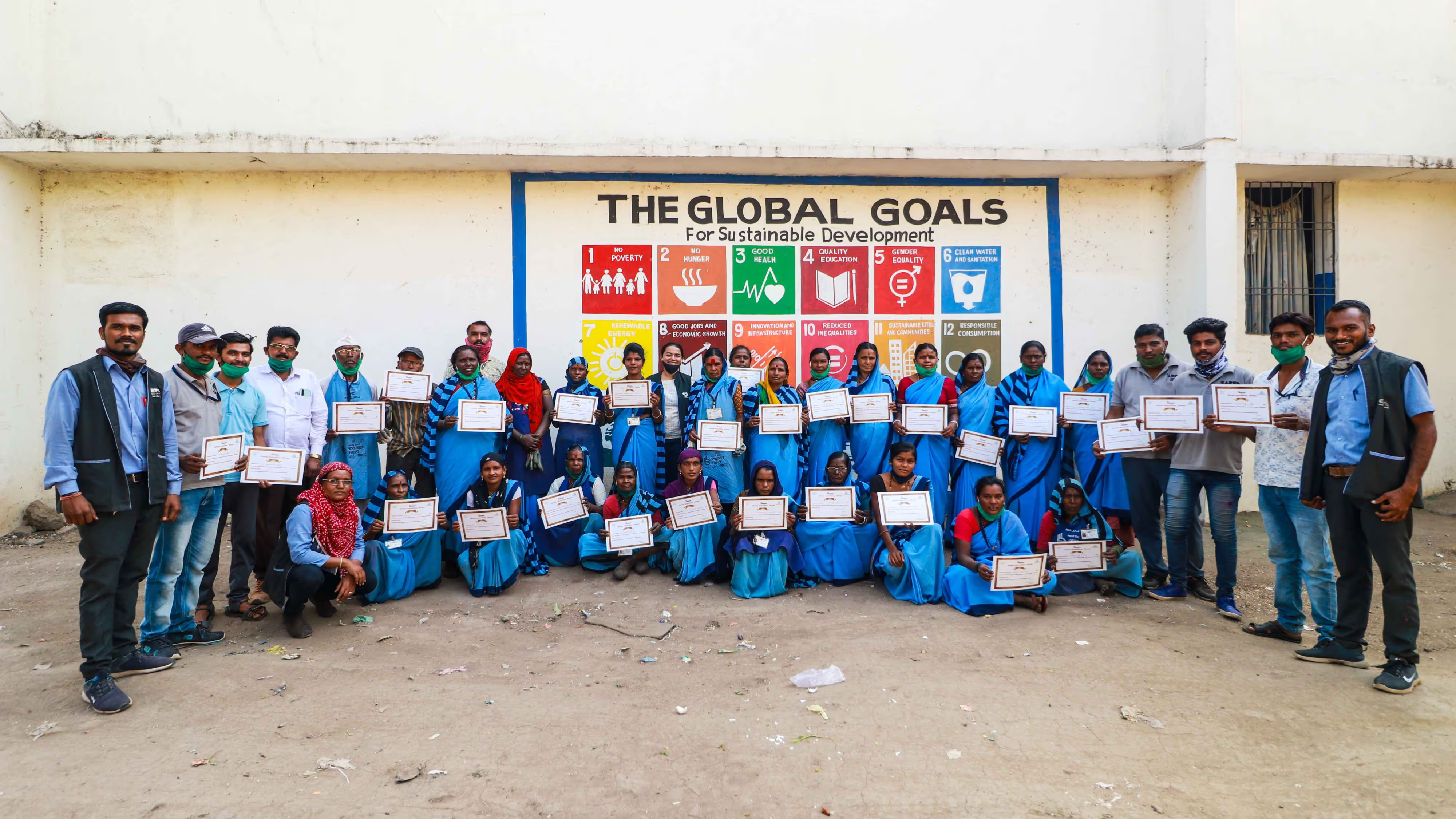
Many informal waste workers in the developing world belong to marginalized communities. From our experience of working in the informal waste sector in India, we know that waste workers often come from historically oppressed, low-ranked caste groups. There is also social stigma associated with waste collection, leaving waste workers frequently subject to rejection and humiliation, along with deprivation.
The formalization of waste projects and more consistent income for workers can change these perceptions. rePurpose’s VPR funding also supports waste workers by making working conditions safer, cleaner and fairer. For example, workers on rePurpose Global impact projects are provided with protective equipment, uniforms, break rooms, sanitary facilities, and refreshments.
These kinds of transformations are helping to change negative public perceptions and build newly-found dignity, respect and self-confidence for waste workers. There is still a long way to go, but brand financing from plastic recovery is already shaping the way that waste workers are seen, and giving them a route out of everyday discrimination and harassment.
Empowering marginalized women
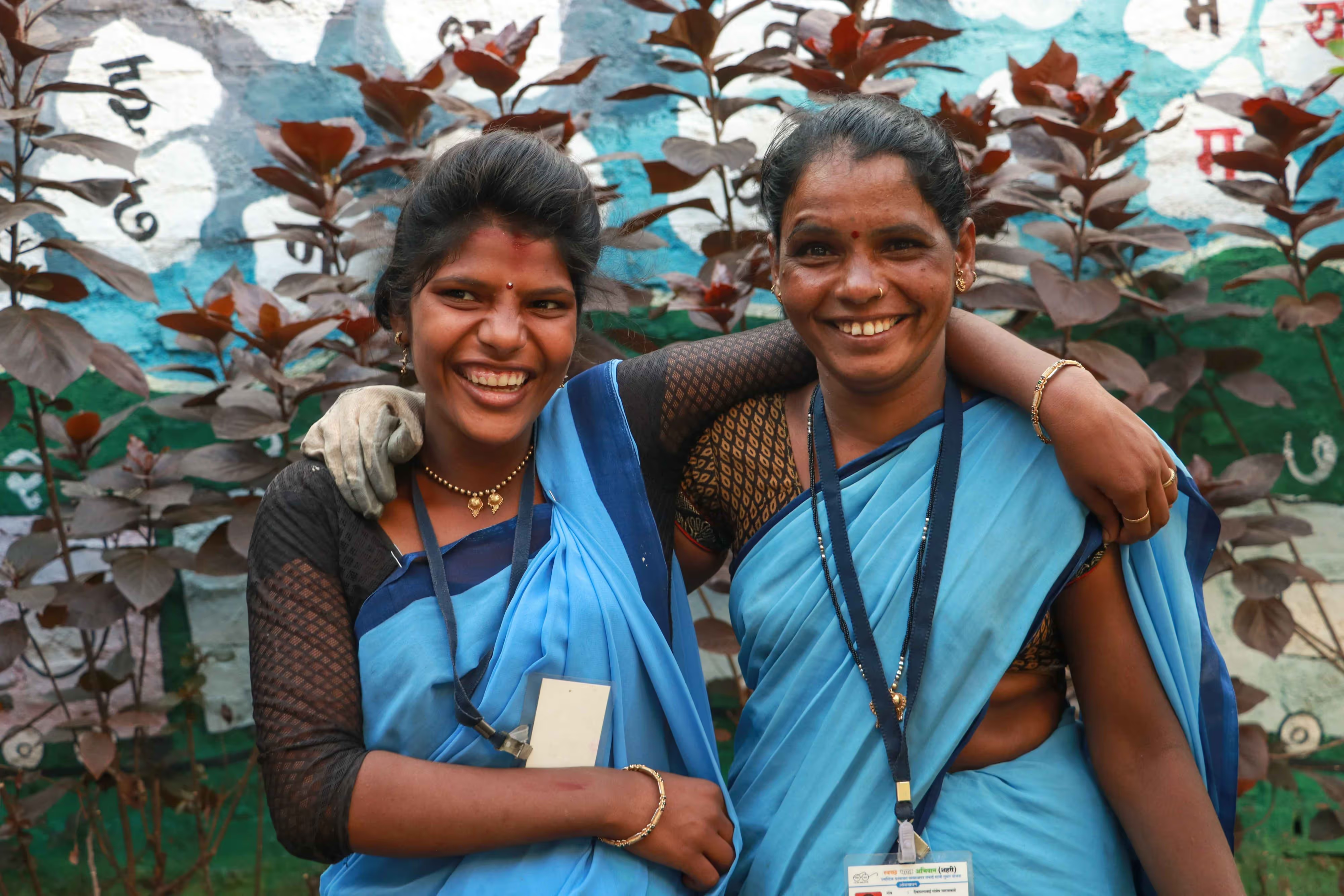
Unfortunately, women who work in waste management tend to be disproportionately marginalized. Challenging family circumstances often impact women’s availability to work, and the problem of gender-based income disparity contributes to their vulnerability in this sector.
Instituting safeguards to improve the conditions of informal waste workers, especially women, is essential to turn this around. Women like Rachna need safe and stable work environments in which to flourish.
rePurpose Global has taken a lead on these issues. For a start, we have made a conscious attempt to channel plastic actionfunding towards women-led ventures. For example, we made an active choice to support and partner Ecosattva (formerly Carpe): a women-led and women-run enterprise in Aurangabad, India, co-founded by Gauri Mirashi and Natasha Zarine. Through this partnership, rePurpose’s Anant Pranay impact project – funded by brands – currently supports the livelihoods of 47 women waste workers (and 6 men), including Rachna.
Furthermore, we work on the ground with our partners to ensure that each impact project meets standards for fair and equal pay, and provides a safe space for female workers to work – in accordance with the rePurpose Global Impact Code. These conditions are being implemented across all rePurpose projects, providing women like Rachna with a safe working environment, dignified employment and a fair income.
They also enable women to progress to top positions in the waste management sector. Stories like Gauri and Natasha’s can become commonplace if plastic recovery finance is consciously deployed to incentivize women-led and non-discriminatory innovations, across the world.
Final thoughts
Women, like Rachna, who work in the waste industry, are often faced with extreme financial and social hardships. rePurpose impact projects like Anant Pranay show that change in the waste sector – and in communities – is possible when workers are given safe, dignified, and empowering job opportunities.
Brands to take action on plastic waste through VPR is the financial catalyst to this change. The new sources of revenue accelerate the formalization of waste projects, and the creation of a more stable and fair market for plastic waste. This, in turn, enables the enforcement of policies and/or government-mandated laws that safeguard the conditions of waste workers across all communities and geographies.
Real, tangible change can happen when all stakeholders collaborate and join this movement. As of today, rePurpose Global engages closely with a coalition of local governments, policymakers and advocacy-based institutions to empower marginalized communities.
By enabling and reinforcing strategies and policies around plastic waste management, plastic recovery finance supports Rachna, and many others like her, to thrive.
To find out more about how rePurpose Global creates impact, you can read more here.
If this article has inspired you to find out more about sponsoring a vetted waste management initiative and empowering the marginalized communities it supports, there are resources to explore here.
Every step counts. Take yours today.

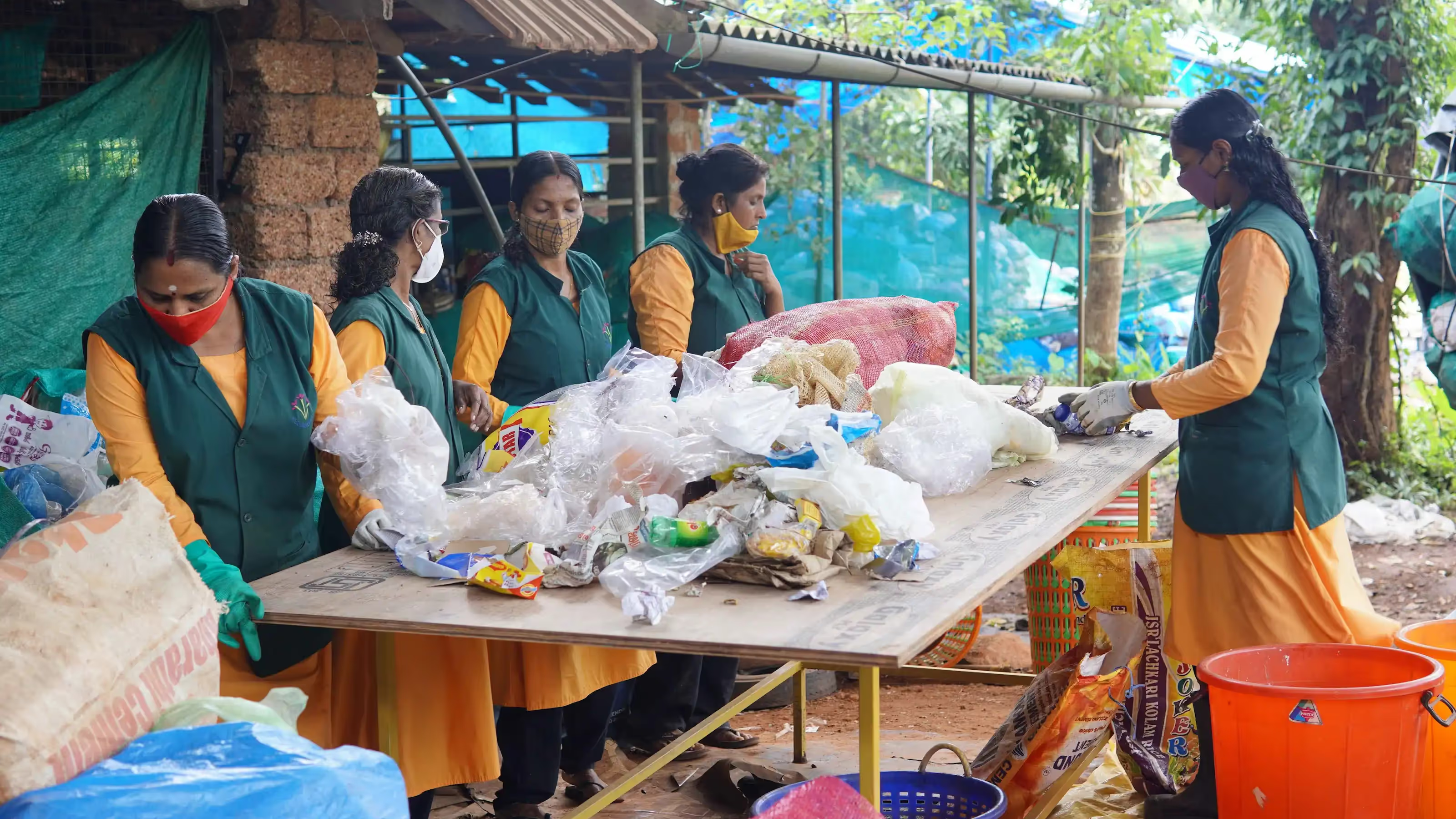
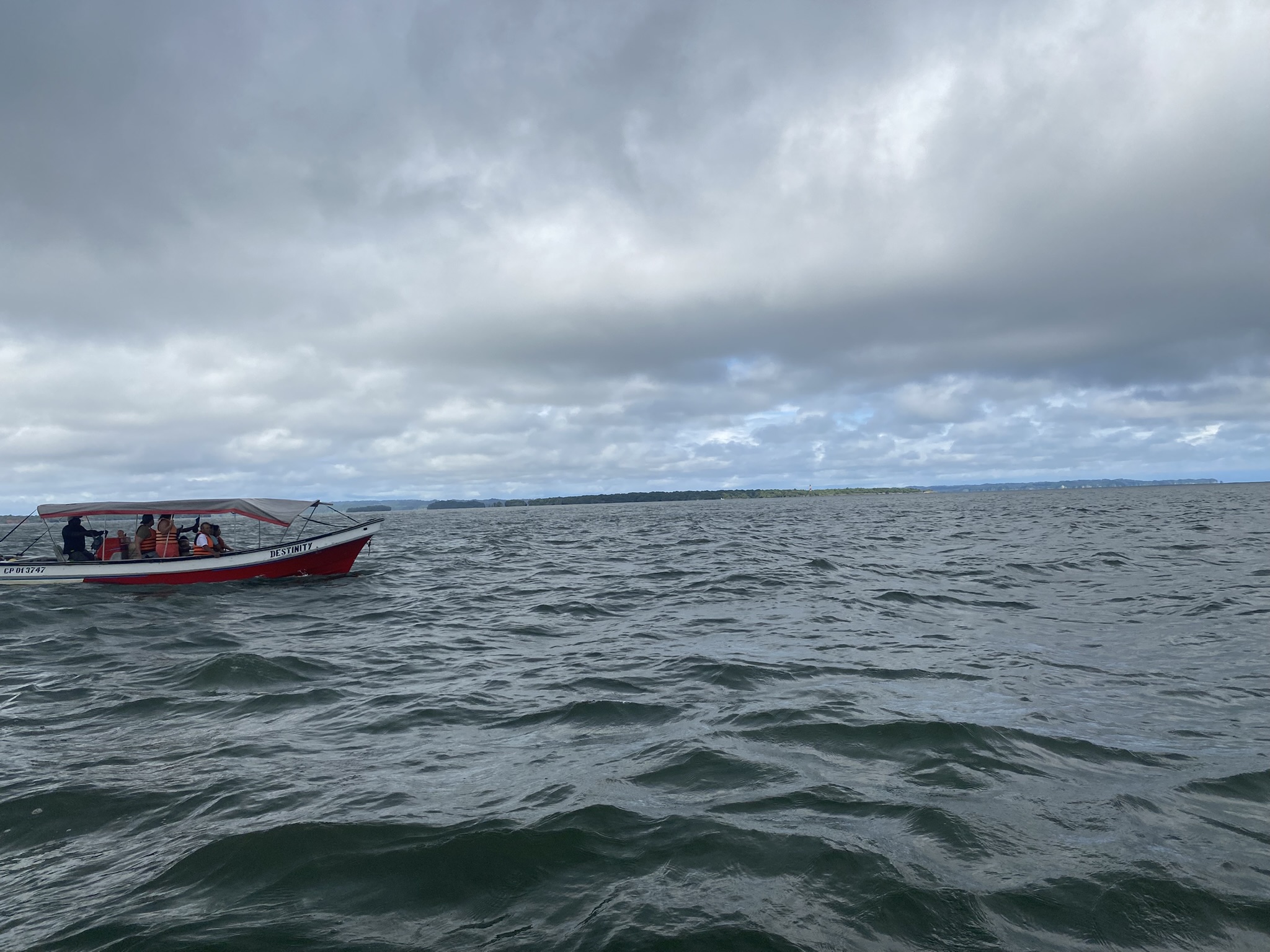
.avif)
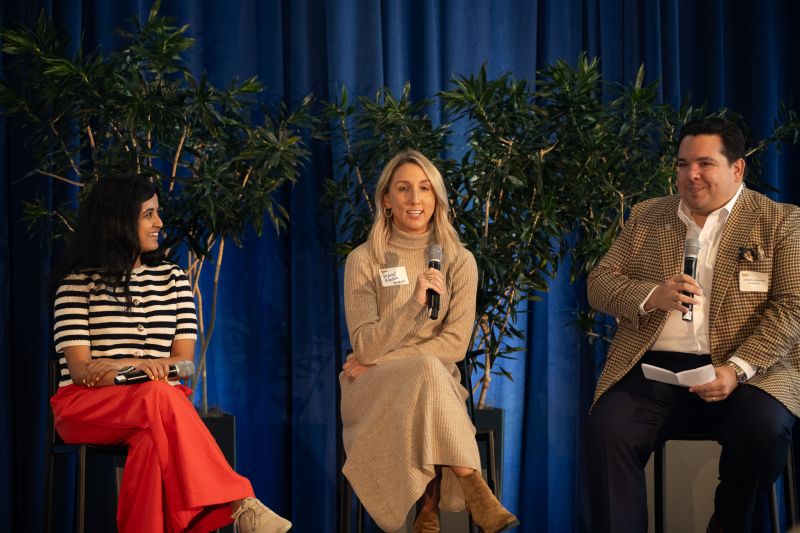
.avif)






